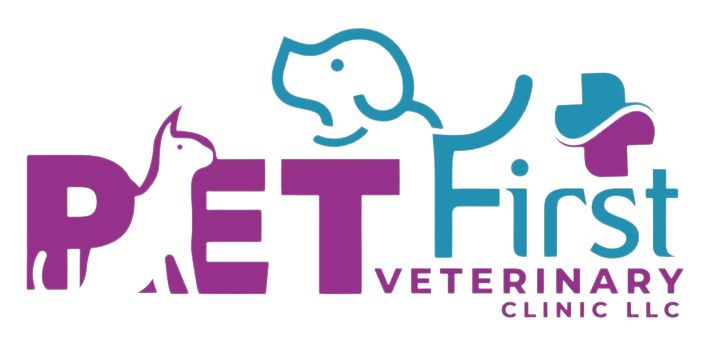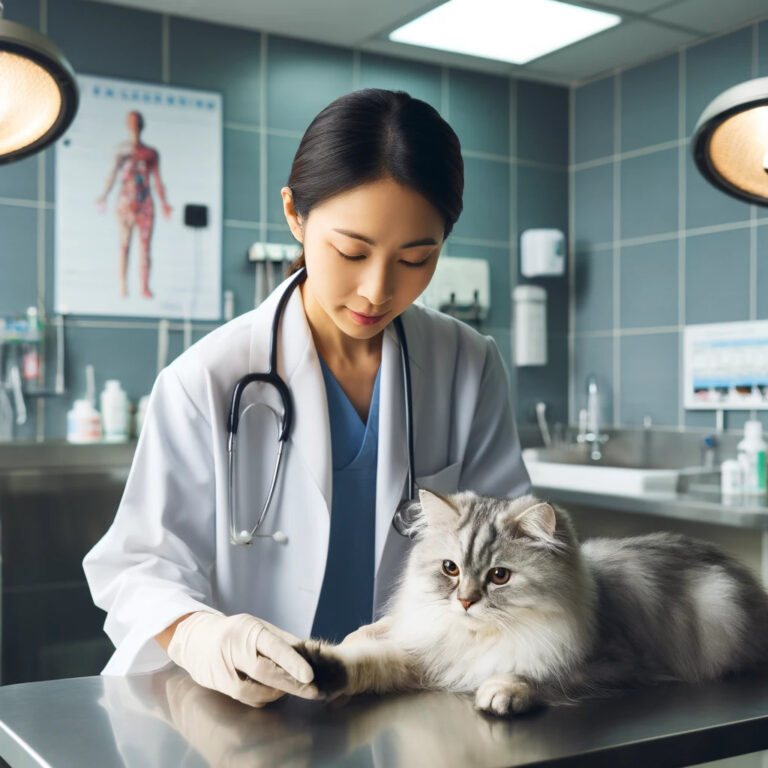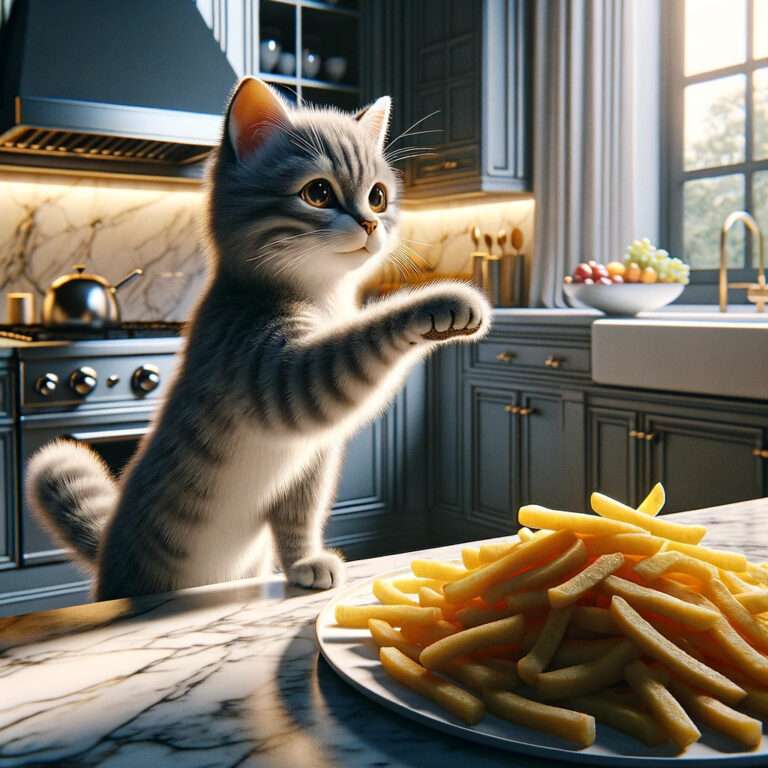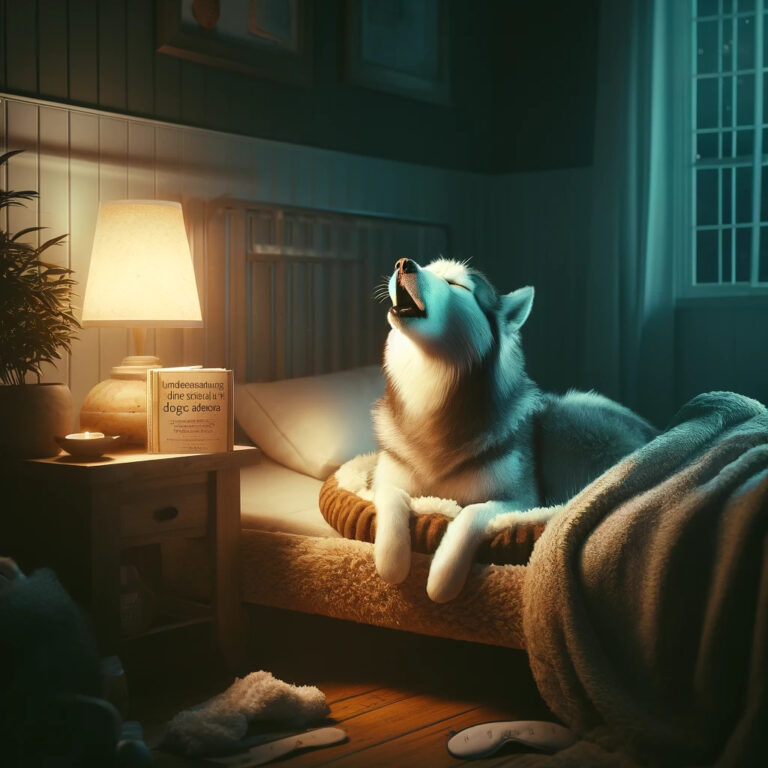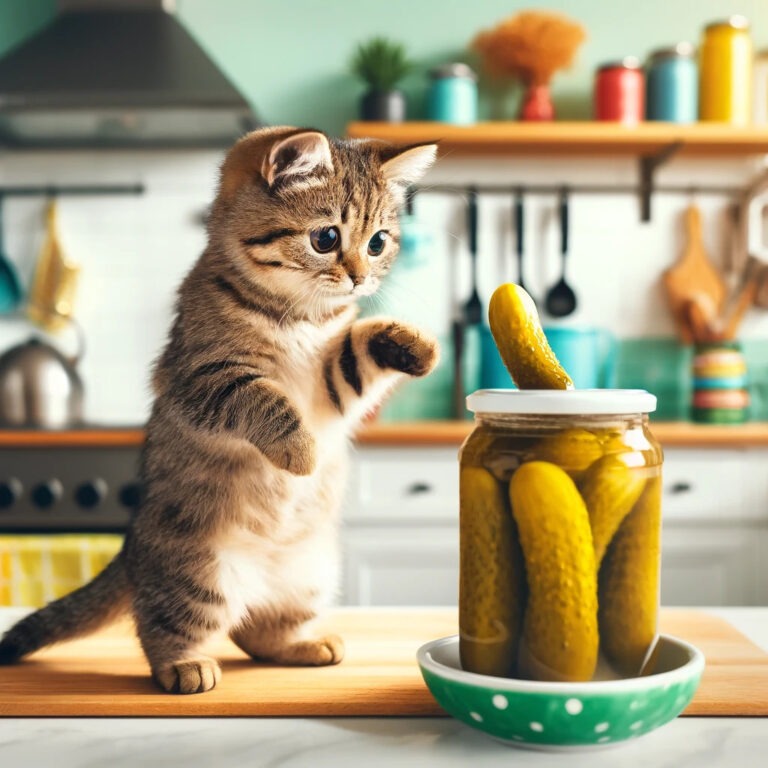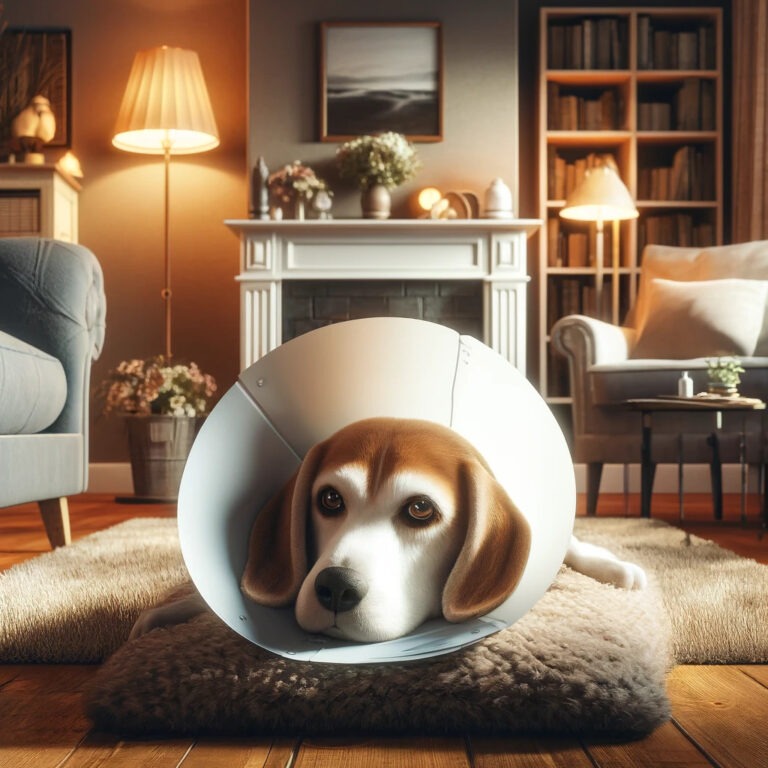We love sharing meals with our fur babies. But, can cats eat pasta? While some experts advocate for plain, cooked pasta, let’s delve into the truth behind it.
We love sharing meals with our fur babies. But, can cats eat pasta? While some experts advocate for plain, cooked pasta, let’s delve into the truth behind it.
You’re getting cozy on the couch, ready to dig into a bowl of steaming pasta, only to find your cat perched beside you, with its tempting eyes fixed on your meal. What would you do? That’s where many pet owners find themselves puzzled, seeking an answer: Can cats eat pasta?
Yes, cats can eat pasta in small amounts, but it shouldn’t be a regular part of their diet. Pasta, made primarily from flour, water, and sometimes eggs, offers little nutritional value to cats, who require a diet high in protein and fat. Plain, cooked pasta without any sauces or seasonings is safer, as ingredients like garlic and onions are toxic to cats. Always consider your cat’s overall diet and health, and consult with a veterinarian if unsure about introducing new foods.
While the plain, cooked pasta treat may be permissible, it’s essential to remember that cats have specific dietary requirements that aren’t met by pasta alone. In the following sections, we’ll show you how to prioritize your cats’ health without depriving them of this occasional treat.
Can Cats Have Raw Pasta?
No, cats can’t have pasta if it’s raw, or topped with flavorings. However, you may offer unseasoned, cooked pasta to your cat as an occasional treat, ensuring it is free from any sauces or toppings that could potentially harm their health.
Can Cats Eat Cooked Pasta?
Yes, cats can eat well-cooked and boiled pasta without any concerns. Treating your cat with your favorite food on certain occasions is safe. However, it’s important to remember that pasta doesn’t hold any nutritional value for cats, so its consumption must be limited.
Can Cats Eat Pasta Sauce?
No, cats should never eat pasta sauce, as most of its ingredients can be toxic to cats. Research findings suggest that common sauce ingredients like onion, garlic, and olive oil are harmful to cats, and their consumption can lead to gut problems.
Is it Safe for Cats to Eat Pasta?
Yes, it’s safe for cats to eat pasta, but only when it’s perfectly cooked and doesn’t contain any toxic ingredients. Besides, you can only offer your cat a small quantity rather than making it a habit of feeding them pasta regularly. Remember, it shouldn’t replace their regular diet of balanced cat food.
Nutritional Value of Pasta
Pasta is typically made from durum wheat or flour, water, and sometimes eggs. While whole-grain pasta is rich in minerals and fibers.
The chart below shows a comparison of the nutritional value of 1 cup (140 grams) of each type:
| Nutrients | Whole-grain pasta | White pasta |
| Calories | 174 | 220-221 |
| Carbs | 37 g | 43 g |
| Protein | 7.5 g | 8.1 g |
| Fat | 0.8 g | 1.3 g |
| Fiber | 6 g | 2.5 g |
Potential Risks for Cats Eating Pasta
We may frequently encounter a domestic cat eating pasta and enjoying it as much as its owners do. But, it’s crucial to serve them in moderation to avoid any potential health issues.
1- Nutritional Deficiency
As observed in the nutritional profile, pasta primarily serves as a source of carbs and empty calories for these carnivores. If eaten more frequently, pasta’s lack of essential nutrients may lead to nutritional deficiencies in cats.
2- Obesity
Cats’ digestive systems are sensitive and not inherently designed to readily metabolize carbohydrates. Consuming high-carb and high-fat foods like pasta may contribute to obesity in cats due to the limited activity of carbohydrate-digesting enzymes.
3- Gastrointestinal issues
Cats are natural hunters. According to a study, domestic cats, who rarely hunt, have adapted their digestive systems to tolerate carbohydrates. Despite this adaptation, pet cats can still digest small amounts of pasta. And consuming large quantities may lead to gut issues such as diarrhea, vomiting, and abdominal pain.
How to Safely Offer Pasta to Your Cat?
You can safely offer pasta to your cat if you adopt the following practices:
- Ensure the pasta is well-cooked and plain, without any sauces, seasonings, or toppings.
- Avoid adding ingredients like onions, garlic, or excessive salt, as they can be harmful to your cat’s health.
- Steer clear of adding cheese or chocolate to the pasta, as they are hard to digest for cats and shouldn’t be included in their bowl.
- Offer only a small portion of pasta as an occasional treat, rather than a regular part of their diet.
- Monitor your cat’s reaction after consuming pasta for any signs of digestive upset or discomfort.
Can Cats Eat Macaroni and Cheese?
Yes, cats can eat macaroni and cheese if they aren’t lactose intolerant. According to Susan G. Wynn, an animal nutritionist in Atlanta and co-author of the Manual of Natural Veterinary Medicine, sometimes lactose-intolerant cats have no problem digesting other dairy products. However, it’s advisable to start with a small portion to see if they’re able to digest it well. If unsure, consulting a vet is always recommended.
FAQs
Can Cats Eat Spaghetti?
Yes, cats can eat spaghetti without sauce. In fact, plain cooked spaghetti served with meatballs can be a tempting meal for your feline friends. Just make sure you don’t add sauce to it to ensure their health.
Can Cats Have Noodles?
Yes, cats can enjoy wheat or rice noodles, but make sure they’re plain and free of seasonings. However, instant noodles should be avoided as they’re high in salt, which can be harmful to your cat’s health. Therefore, it’s best to steer clear of ramen noodles.
Can Dogs Have Pasta Noodles?
Indeed, dogs can have pasta noodles in moderate amounts, provided they are not accompanied by tomato sauce and cheese. Additionally, it’s important to avoid feeding dogs foods containing garlic and onions, as these ingredients can cause an upset stomach.
What Now!
While cats may be tempted by the aroma of pasta, it’s crucial to understand their dietary needs. Cats can consume plain, home-cooked pasta occasionally, but raw pasta is a definite no-no. This human food lacks the necessary nutrients cats require for optimal health and should be reserved for rare occasions, if at all.

